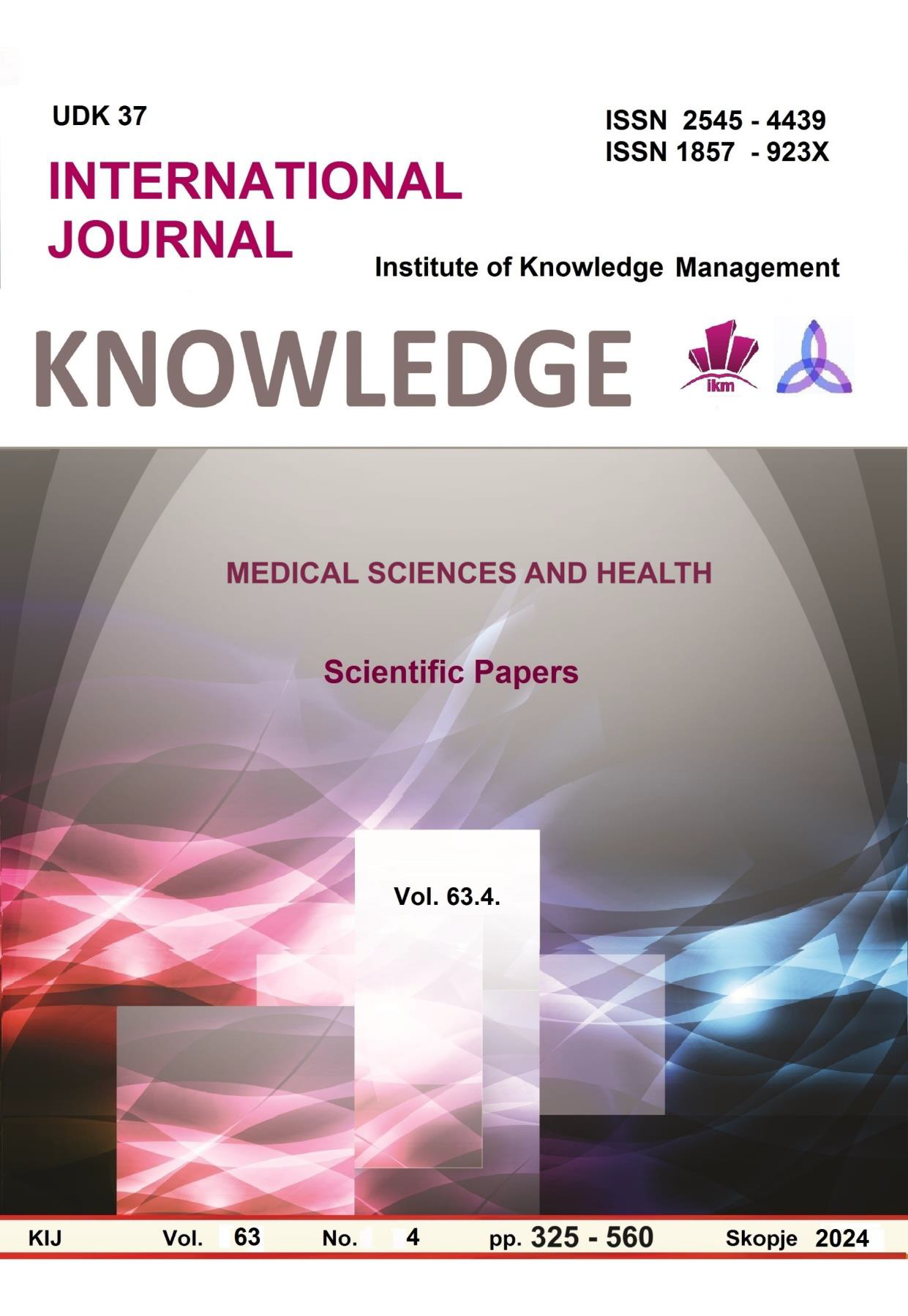ПСИХОЛОГИЈА НА СЛАБ ВИД
PSYCHOLOGY OF LOW VISION
Author(s): Mitko Karovski, Strahil GazepovSubject(s): Social Sciences, Psychology
Published by: Scientific Institute of Management and Knowledge
Keywords: vision;health care;interventions;rehabilitation;factors
Summary/Abstract: Low vision altogether impacts the quality of life for millions of people around the world, influencing their capacity to perform day by day assignments, lock in in exercises, and keep up freedom. This paper investigates the challenges confronted by people with low vision and looks at different approaches to make strides their quality of life. It highlights the significance of a multidisciplinary approach including optometrists, ophthalmologists, word related specialists, recovery masters, and assistive innovation specialists. Procedures such as vision recovery, introduction and versatility preparing, versatile gadgets, and natural alterations are talked about, emphasizing personalized intercessions custom-made to person needs. Also, headways in assistive innovations, counting screen perusers, amplification program, and wearable gadgets, are investigated as promising devices to upgrade openness and freedom. The paper concludes by supporting for expanded mindfulness, bolster, and collaboration among healthcare experts, caregivers, policymakers, and communities to engage people with low vision and empower them to lead satisfying lives. Moo vision, characterized by critical visual disability that cannot be completely adjusted with glasses, contact focal points, pharmaceutical, or surgery, presents complex mental challenges for influenced people. This paper looks at the mental measurements of low vision, counting its impacts on passionate well-being, self-esteem, social interaction, and every day working. Drawing from mental speculations and experimental inquire about, it investigates the variables contributing to mental trouble among people with moo vision, such as misfortune of freedom, fear of shame, and alteration challenges. The paper too talks about adapting components and versatility variables, counting social bolster, versatile techniques, and positive reframing, that can relieve the mental affect of moo vision and advance mental well-being. Also, it emphasizes the significance of intrigue collaboration between clinicians, ophthalmologists, recovery masters, and other healthcare experts in tending to the mental needs of people with low vision. By improving our understanding of the mental viewpoints of low vision and executing successful intercessions, ready to superior back influenced people and make strides their in general quality of life. Besides, this paper dives into the special mental challenges confronted by people with moo vision over diverse age bunches, from children to more seasoned grown-ups, considering formative components, life moves, and advancing adapting instruments. It moreover investigates the affect of social and societal states of mind toward inability on the mental well-being of people with low vision, highlighting the significance of cultivating comprehensive situations and advancing acknowledgment and strengthening. By addressing the mental viewpoints of low vision comprehensively, we will upgrade mediations and bolster frameworks to assist people explore the passionate complexities related with their visual disability. Eventually, this all encompassing understanding can contribute to cultivating versatility, moving forward alteration, and improving by and large mental working among people living with low vision.
Journal: Knowledge - International Journal
- Issue Year: 63/2024
- Issue No: 4
- Page Range: 473-477
- Page Count: 5
- Language: Macedonian

